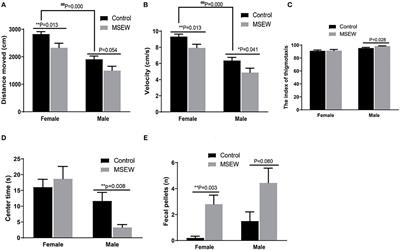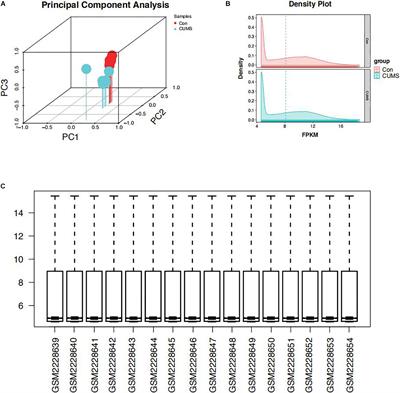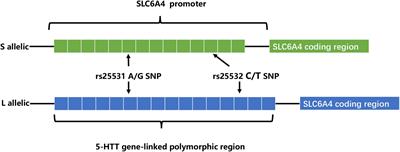ORIGINAL RESEARCH
Published on 08 Jul 2021
Perceived Stress and Life Satisfaction Among Chinese Clinical Nursing Teachers: A Moderated Mediation Model of Burnout and Emotion Regulation

doi 10.3389/fpsyt.2021.548339
- 4,732 views
- 28 citations
33k
Total downloads
156k
Total views and downloads
Select the journal/section where you want your idea to be submitted:
ORIGINAL RESEARCH
Published on 08 Jul 2021

EDITORIAL
Published on 24 Jun 2021
ORIGINAL RESEARCH
Published on 05 Mar 2021

REVIEW
Published on 27 Jan 2021

ORIGINAL RESEARCH
Published on 26 Jan 2021

ORIGINAL RESEARCH
Published on 22 Jan 2021

ORIGINAL RESEARCH
Published on 18 Dec 2020

ORIGINAL RESEARCH
Published on 19 Nov 2020

ORIGINAL RESEARCH
Published on 05 Nov 2020

ORIGINAL RESEARCH
Published on 20 Oct 2020

REVIEW
Published on 15 Oct 2020

MINI REVIEW
Published on 17 Sep 2020


Frontiers in Genetics
Frontiers in Psychology